Raising Up Indigenous Leaders
Countercultural
The best of theologians and Christian leaders in our history were not exempt from playing a part in marginalizing people with disabilities. Even the disciples thought that the blind man in John 9 was afflicted due to sin of the part of his parents or his own sin in the womb. It is reported that, upon identifying a boy with significant disability in Dessau, Martin Luther thought this boy to be a changeling, or a being that Satan has placed in what otherwise would have been a ‘normal’ child. He’s reported to have said, "If I were the Prince, I should take the child to the Moldau River which flows near Dessau and drown him." (1). Before disparaging Luther for this startling remark, recognize that he was simply reflecting the popular views of his pre-modern world in this statement. Throughout history, Christians have often fallen into the error of uncritically digesting their culture’s views of disability. We must be active in fighting against erroneous assumptions that built our perspectives in the past and still permeate our culture today. We are at just as much risk as the disciples and Luther for holding unintentionally harmful perspectives on disability. In order to actively combat these common untruths, we must recognize the root of the messages that: God does not love the disabled, disability is the result of the disabled person’s sin, and that the disabled have a lack of faith and are therefore not healed.
To flip these myths on the head, our hope is to teach Christian leaders in the Church that the full scope of human design, including disability, is part of God’s sovereign plan. Even more so, that disability is a gift to be powerfully applied in service of Christ and His church.
Humans all have gifts that they use to lead. Maybe your gifting is administration, music, or pastoral shepherding. Would you feel comfortable with adding disability to this list??
Ministry because of disability
Our co-founder, Amberle, was diagnosed with toxic epidermal necrolysis syndrome (TENS), an extremely rare and severe autoimmune reaction that affects one in 2.5 million people and kills one in every three people who have it. She pondered after her recovery, now mostly blind, “Could it be that God was revealing to me the people group that He had always intended to call me to, and could it be that He was even, moreover, making me a part of that people group, an indigenous member of that unreached people group?"
Amberle realized that after all her preparation to become a missionary, the only thing she couldn't do was make herself a member of an unreached people group. "No amount of praying or studying could make me Afghan or Burmese, but it seemed that God had done exactly that. That moment was life changing for me," she said. (2)
Amberle’s perspective paints a picture of a powerful missiological principle. That is, we must raise up indigenous leaders within a people group in order to ensure that the gospel is known among them. Indigenous leaders have an innate understanding of all that makes up one’s culture: communication, whether through language or non-verbal communication, religious perspectives, values and the like. This enables indigenous leaders to already have established trust with the people group for whom they are ministering. They can more readily raise up future generations to continue Kingdom-building without fear of compromising the culture in any way. Non-indigenous missionaries must spend a long time learning the culture and studying how to live incarnationally before they ever get to share the Gospel.
How much more effective will those with disabilities reach the disabled? Disability is an incredible ministry gift. When the Church knows people with disabilities and has them take part in leadership many of the myths surrounding disability vanish. Do you know someone in your church with a disability who might need to be raised up as a ministry leader? We pray so.
